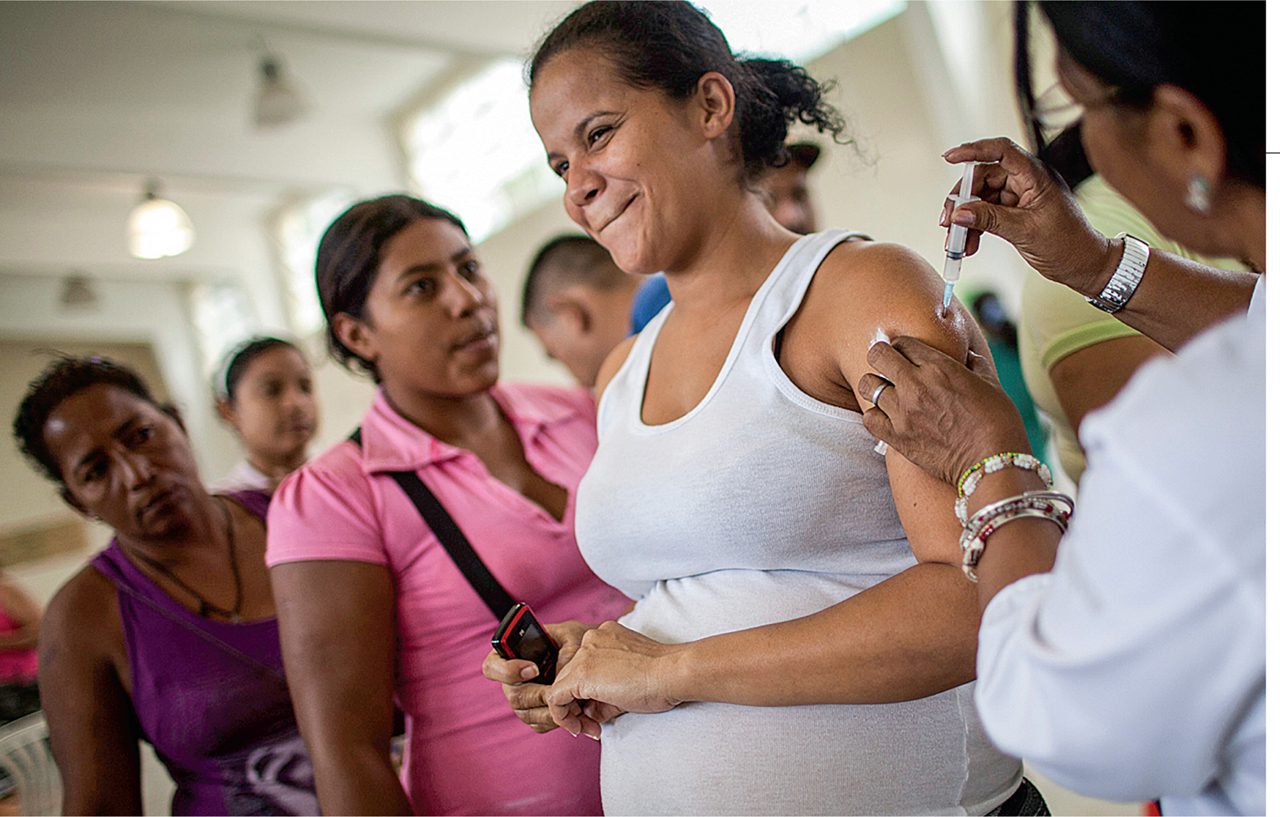AVAC Spotlight: Dr. Morgan. F. McDonald, MD, FACP, FAAP
Deputy Commissioner of the Tennessee Department of Health and Fellow of the American Academy of Pediatrics and the American College of Physicians
Dr. Morgan McDonald is the Deputy Commissioner of the Tennessee Department of Health and has robust knowledge of disparities within maternal vaccines and the importance of maternal vaccinations in the age of COVID-19 and prior.
Through her experiences and expertise, Dr. McDonald has seen the medical benefits that vaccines give to mothers and their infants. The Tdap vaccine and the influenza vaccine recommended for pregnant women. The Tdap vaccine is especially important for pregnant women in order to pass antibodies to their infants to protect against tetanus, diphtheria, and pertussis. Pertussis, or whooping cough, can result in hospitalization and life-threatening infection in young infants. As infants do not receive their own comparable vaccine until 2 months of age, Dr. McDonald says that it is crucial for pregnant mothers to be vaccinated to ensure the health and safety of their children.
She has also emphasized the importance for expecting mothers to receive the influenza vaccine to protect both pregnant women and infants. When a woman goes through pregnancy, she becomes vulnerable to harmful manifestations of influenza. Influenza vaccination decreases the risk of being hospitalized with flu by about 40%. Influenza vaccination during pregnancy is also key in protecting infants with maternal antibodies until they can get their own vaccinations at 6 months of age.
To effectively address lower vaccination rates among pregnant women, it is critical to understand how health equity fits into the picture. The data that Dr. McDonald has seen while at the Tennessee Department of Health has highlighted disparities in maternal vaccinations. From Pregnancy Risk Assessment Monitoring System (PRAMS) survey data in Tennessee, her team found that the percentage of women who were offered an influenza vaccines in the year prior to birth significantly increased from 2012 to 2019. But when broken down according to racial demographics, it showed that the number of black women actually receiving a vaccine was far lower than white women, even though the percentage of women offered vaccination had increased.
Dr. McDonald has devoted her career in public health to advocate and care for vulnerable populations. Through the lens of equity and health data, McDonald views solutions from a ground-level approach, believing that being transparent and identifying differences in care while also listening to communities of color and developing a workforce reflective of the communities served is key to helping create equity in health access and outcomes.
With public health and COVID-19 concerns gripping the nation, U.S. policymakers must address maternal immunizations from an equity lens. Among developed nations, the U.S. has extremely high infant and maternal mortality rates. Improving our public health across the country starts with helping women get increased access to vaccines and addressing medical mistrust across communities of color.
